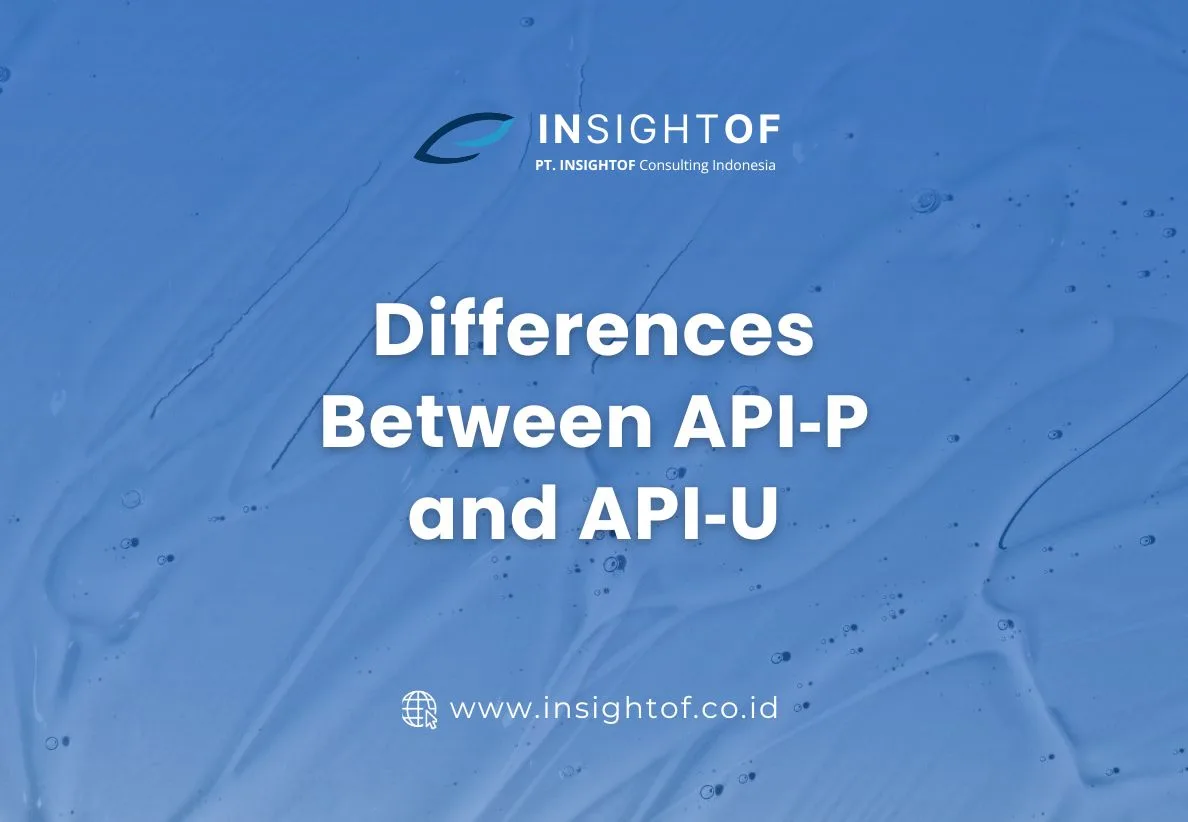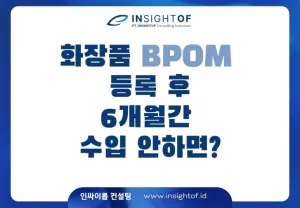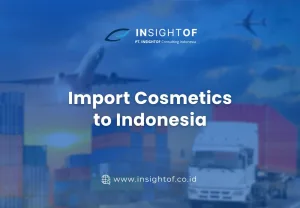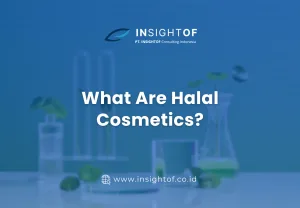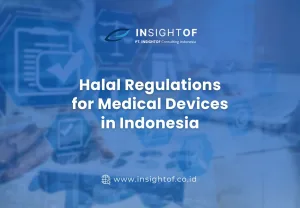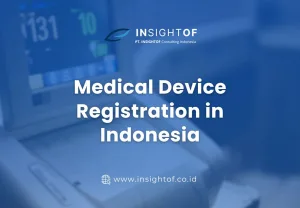In the cosmetics industry, managing active ingredients and finished products is crucial to ensure safety, efficacy, and compliance with BPOM regulations. Two key terms in the cosmetics supply chain are API‑P and API‑U.
API‑P (Angka Pengenal Impor – Produsen)
API‑P refers to the raw, active ingredient used in cosmetic products, typically in its bulk, pure, or semi-processed form. These substances are not yet ready for consumer use and must undergo further formulation, mixing, or processing in a manufacturing facility before becoming a final product.
Key Characteristics:
- Form: Usually in the form of a powder, concentrate, or standardized extract
- Purpose: Serves as the main active component responsible for the intended function of the cosmetic product (e.g., anti-aging, whitening, moisturizing)
- Processing: Requires formulation with excipients (inactive ingredients), preservatives, emulsifiers, or stabilizers before being turned into a market-ready product
- Import Status: Typically imported under strict BPOM oversight, including re-testing and documentation requirements
Common Examples:
- Hyaluronic Acid Powder (Sodium Hyaluronate)
Used for its hydrating and plumping properties. In API‑P form, it is a fine white powder that must be mixed into a gel or serum base. - Vitamin C (Ascorbic Acid) Powder
A powerful antioxidant and skin brightener, often imported in pure crystalline form. Requires stabilization and formulation due to its sensitivity to light and oxidation. - Standardized Green Tea Extract
Used for its anti-inflammatory and antioxidant effects. Provided as a brownish-green powder or liquid concentrate that must be formulated into creams, toners, or masks.
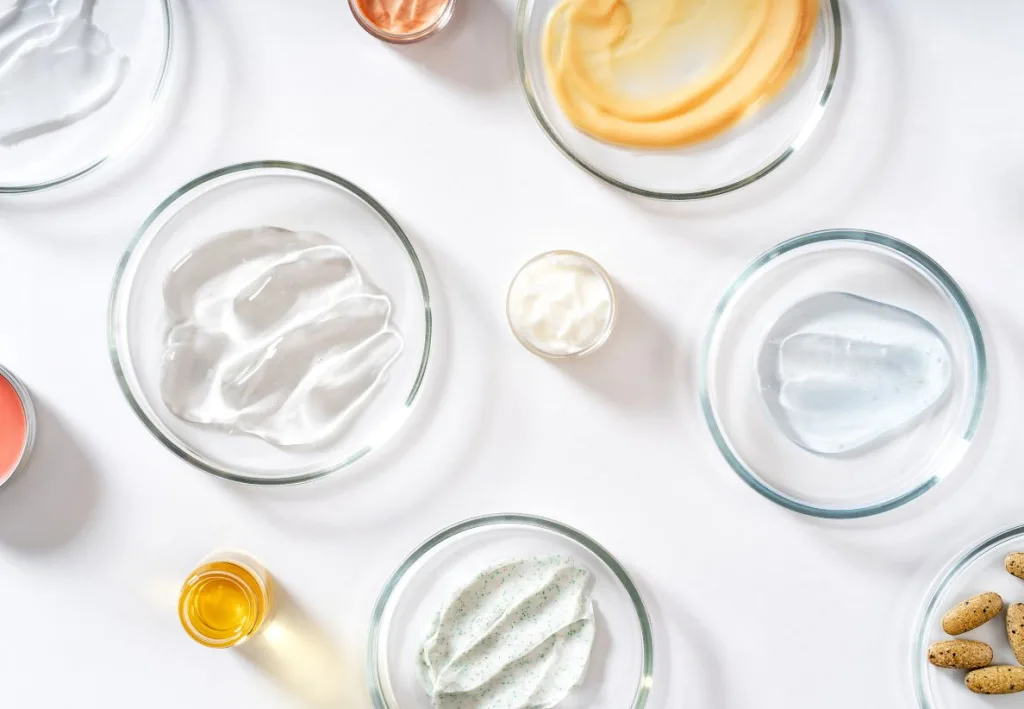
API‑U (Angka Pengenal Impor – Umum)
API‑U refers to a fully formulated and packaged cosmetic product, ready for use by consumers. These products have already passed all manufacturing stages, including formulation, stability testing, safety assessments, quality control, and packaging. They are typically labeled, branded, and registered with BPOM.
Key Characteristics:
- Form: Creams, serums, gels, lotions, emulsions, masks, and more
- Ready to Market: Meets BPOM’s product registration standards and holds a Notification Number (NIE)
- Stability & Safety: Undergoes safety testing (e.g., irritation, microbial), shelf-life testing, and must comply with local labeling requirements
Common Examples:
- 2% Hyaluronic Acid Serum in a Dropper Bottle
This product is already formulated with hyaluronic acid, water, preservatives, and stabilizers. It is packaged in a consumer-friendly bottle with a dropper and fully labeled. - Vitamin C Brightening Cream in a 30g Jar
Contains a stabilized version of Vitamin C along with emollients and emulsifiers. Packaged in a labeled jar, this product is ready for retail sale. - Green Tea Sheet Mask (Individually Packaged)
Pre-soaked sheet masks made with green tea extract, preservatives, and other actives. Each mask is individually sealed and labeled, ensuring hygiene and convenience.
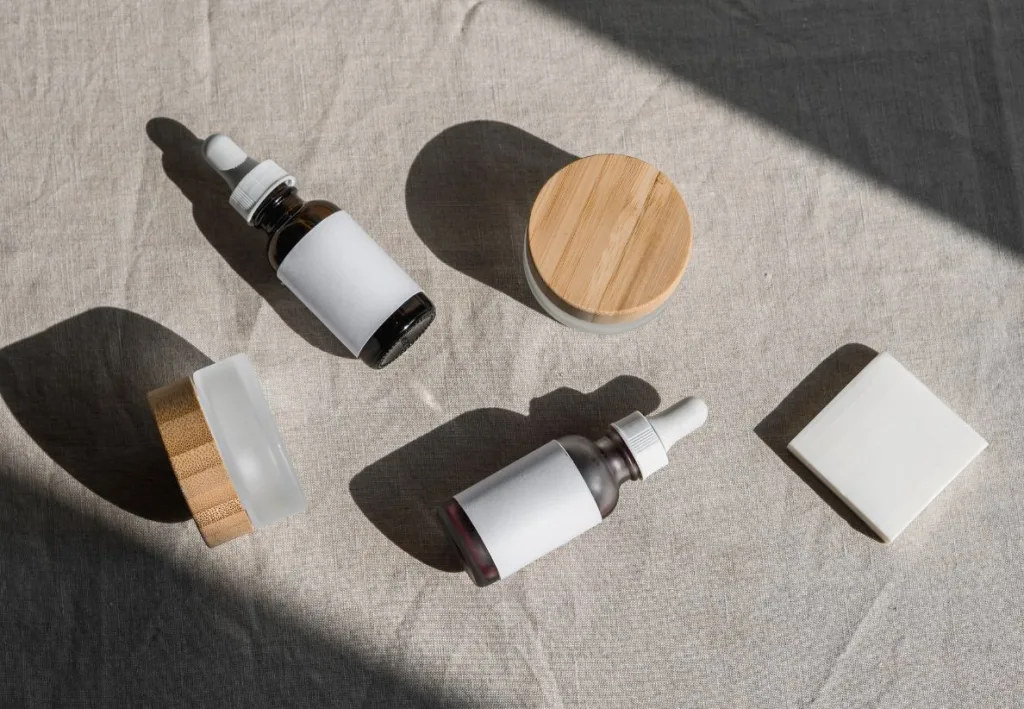
Regulatory Framework in Indonesia
In Indonesia, API-P and API-U are also official classifications for importer licenses, governed by the Ministry of Trade and related to customs and distribution controls.
- API‑P (Angka Pengenal Importir – Produsen)
Import license granted to manufacturers who import goods for their own production purposes only (raw materials, machinery, etc.). - API‑U (Angka Pengenal Importir – Umum)
Import license granted to companies importing goods for resale or commercial distribution.
These designations are different from the cosmetic ingredient definitions but are critical when navigating the legal importation process.
API‑P Case Study
Case: Importing Vitamin C Powder for Serum Production
- Import
- PT. Cantik Sejahtera imports 200 kg of Ascorbic Acid (Vitamin C) powder from South Korea
- Documentation: Import Approval Letter, CoA, MSDS
- Processing
- Vitamin C powder is re‑tested in a local laboratory
- Blended into a water‑gel base with stabilizers and supporting ingredients (e.g., sodium metabisulfite)
- Output
- A stable granulate ready for further formulation into a vitamin C serum
API‑U Case Study
Case: Launching a Vitamin C Brightening Cream
- Formulation & Packaging
- Granulated Vitamin C (API‑P) is formulated into an oil‑in‑water emulsion cream
- Filled into 30 g jars with aluminum lids
- Registration & Quality Testing
- PT. Cantik Sejahtera registers “Brightening C Cream” with BPOM, submitting three‑month stability data and skin irritation test results
- After receiving the NIE, each batch undergoes QC checks (pH, viscosity, microbiological tests)
- Distribution
- The finished product (API‑U) is distributed to cosmetic stores, e‑commerce platforms, and beauty clinics
- Prior to sale, all distributors ensure they hold a valid PSB
Conclusion
- API‑P in cosmetics refers to the active raw material (bulk form) that requires further formulation.
- API‑U refers to the finished cosmetic product that has passed all formulation, testing, and registration stages.

